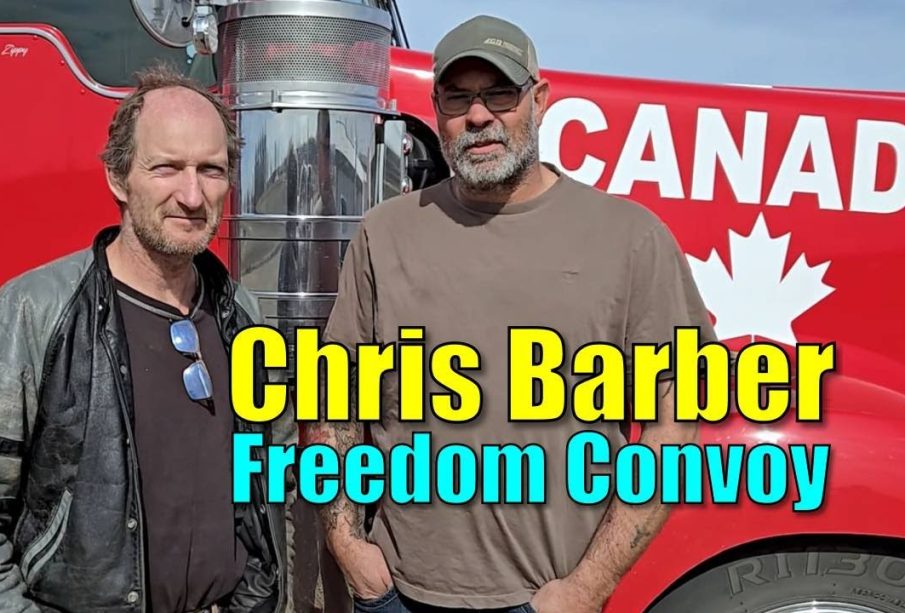Chris Barber and the Freedom Convoy’s Impact in Canada

Introduction
The Freedom Convoy, which became a symbol of protests against COVID-19 mandates in Canada, saw significant involvement from various leaders, notably Chris Barber. Barber’s role highlights the growing tensions surrounding public health measures and individual freedoms within the country. This topic is crucial, as it underscores issues of personal liberties, governmental authority, and societal unity in the face of a global pandemic.
Background of the Freedom Convoy
The Freedom Convoy began in late January 2022. Initially, it consisted of truckers opposing vaccine mandates imposed on crossing the Canada-U.S. border. However, it quickly evolved into a larger movement focusing on broader grievances against government restrictions related to COVID-19. The convoy became a national phenomenon, drawing thousands of supporters and eliciting diverse reactions across Canada.
Who is Chris Barber?
Chris Barber, a truck driver and activist from Saskatchewan, emerged as one of the prominent figures of the convoy. He, along with other organizers, sought to challenge the government’s public health measures and called for a return to normalcy. Barber often articulated the sentiments of many who felt their freedoms were being suppressed. His speeches and social media presence galvanized supporters, making him a key figure in the movement.
Events and Developments
In Ottawa, the convoy’s protests captured the attention of the nation. Protesters set up camp in the capital, demanding the revocation of vaccination mandates. The situation escalated, leading to significant law enforcement involvement and city officials declaring a state of emergency. Barber was arrested in February 2022, which further sparked discussions surrounding civil rights and protests. His arrest, along with that of others, raised questions about the line between lawful protest and public safety.
Community Response and Impact
The Freedom Convoy’s impact extended beyond immediate protests. It opened up discussions on the balance between public health and individual freedoms. While some viewed the movement as a necessary pushback against government overreach, others criticized it, highlighting the risks posed by misinformation and the undermining of public health efforts.
Conclusion
Chris Barber’s involvement in the Freedom Convoy represents a significant chapter in Canada’s ongoing dialogue about personal liberties, governmental authority, and the role of civic movements in shaping policy. As Canada continues to navigate the complexities of post-pandemic recovery, the legacy of the Freedom Convoy will likely influence future discussions about citizens’ rights and public health strategies. The events of 2022 will remain a reference point for examining how society balances individual freedoms with collective safety.









